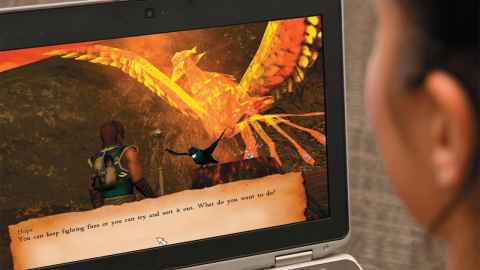Can we transform at-risk communities?
"Change starts when someone sees the next step." These are the wise words of Bill Drayton, dubbed the pioneer of social entrepreneurship.

In New Zealand the desperate need for social change is clear. Our youth suicide rate is the second highest in the OECD, with nearly twice as many 15 to 24-year-olds dying from suicide than from motor vehicle crashes. Our child abuse record is the fifth worst in the OECD, with one child killed every five weeks on average. One in three women experience physical or sexual violence from a partner in their lifetime.
Every year millions of dollars are spent on community social services to improve the lives of New Zealanders. There is a plethora of programmes but no visible transformational change. To be able to see the next step and make real and lasting change, we need to integrate social research with the real-life problems that our communities face.
I work in a Youth One Stop Shop, which provides physical, mental, spiritual and social health services free of charge to young people aged 10- 25 years. I have found that the younger teens have benefitted the most from SPARX. They can have some fun at the same time as learning some great skills on how to improve their mood by changing what they do, and the way they think.
Innovative 3D gaming is being used by researchers in a radical new approach to combatting depression among young people, or “digital natives”. Three quarters of young New Zealanders with depression never receive treatment, a disturbing fact given the link between depression and suicide. The new SPARX self-help resource uses high-end graphics, avatars and fantasy environments to teach well-established ideas from psychological therapy. SPARX was created by a large University of Auckland research team including Dr Matt Shepherd (Faculty of Education and Social Work who specialises in child, adolescent and whānau well-being and computerised therapies).
SPARX is freely available online for anyone in New Zealand and early evaluations since its national roll-out show that it has the potential to substantially increase access to care. Importantly, it is showing great promise with vulnerable groups such as those who are outside of mainstream education, Māori youth, and lesbian, gay and bisexual youth. Adaptations have led to the creation of Rainbow SPARX.
Our Centre for Community Research and Evaluation Pūtahi Rangahau Ngātahi (CCRE), is making a long-term impact by supporting social workers, counsellors and human services practitioners to become more effective agents of social change. We can provide the training they need to develop their own research capabilities, or partner with them to help with researching their real-world issues through a community research and service learning hub.
Will you help to bring about lasting change?
For more information, contact:
Karen Miller, Development Manager, Education and Social Work
- M: 027 398 6555
- EMAIL: karen.miller@auckland.ac.nz